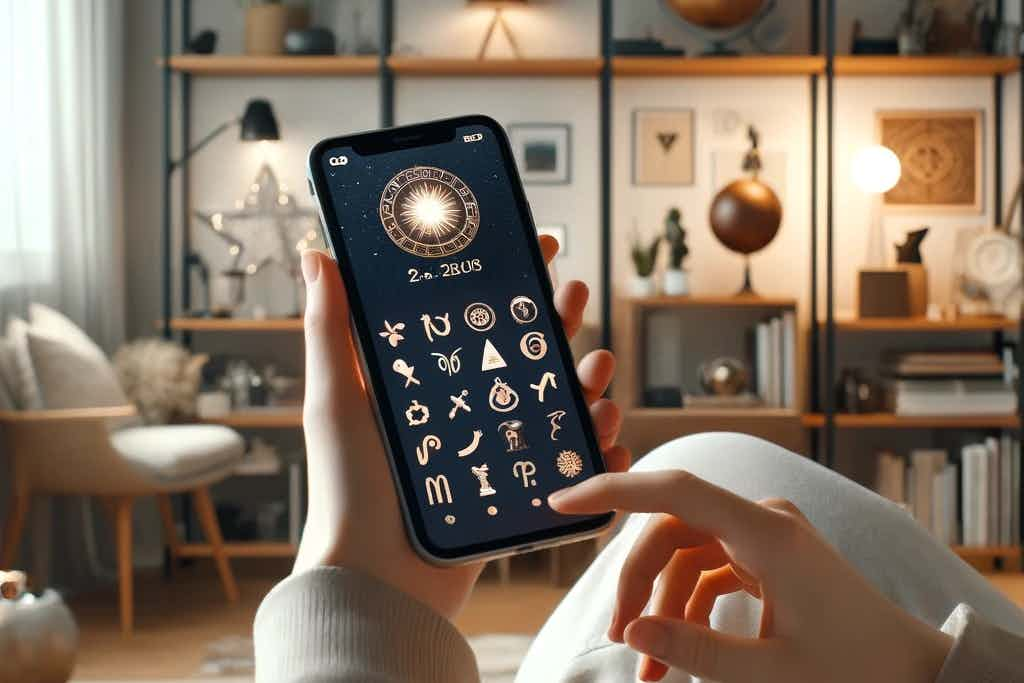Astrology, once the guiding force of ancient civilizations, is experiencing a resurgence in the 21st century. What was once dismissed as pseudoscience is now a cornerstone of self-discovery for millennials and Gen Z alike. But why, in a world driven by technology and science, are people turning their gaze back to the stars?
The Cosmic Connection
Astrology dates back thousands of years, tracing its roots to the Babylonians, who meticulously charted the movement of celestial bodies. Over time, it evolved, finding its way into Greek, Roman, and Indian cultures. The zodiac signs we recognize today—Aries, Taurus, Gemini, and so on—are remnants of these ancient systems. However, what makes astrology timeless is its universal appeal. It doesn’t matter where you come from; the stars shine equally on all.
In recent years, this universal allure has been amplified by the digital age. Apps like Co-Star and The Pattern provide personalized insights based on birth charts, making astrology accessible to millions. These platforms have shifted the narrative from vague horoscopes to a more intricate understanding of planetary alignments and their impact.
Why Is Astrology Trending?
Self-Reflection in a Chaotic World
Modern life is overwhelming, and people are seeking tools for introspection. Astrology offers a framework to understand one’s personality, relationships, and even career paths. The belief that celestial patterns can influence our lives gives a sense of purpose and direction, especially in uncertain times.Community and Connection
Astrology fosters a sense of belonging. Whether it's discussing a Mercury retrograde mishap or bonding over shared zodiac traits, people find comfort in shared experiences. The rise of social media has amplified this, with astrology memes and forums creating vibrant online communities.Mindfulness and Spirituality
As interest in mindfulness practices like meditation and yoga grows, astrology fits neatly into the modern spirituality toolkit. It encourages people to be present and reflective, aligning with the broader wellness movement.
Beyond Sun Signs: The Deeper Dive
While sun signs are the most recognizable aspect of astrology, the deeper layers are where its true power lies. Birth charts, which map the positions of the planets at the time of your birth, reveal insights into various life aspects. For instance:
- The Moon Sign represents your inner emotions.
- The Rising Sign governs how others perceive you.
- Venus and Mars influence love and passion.
Understanding these nuances allows for a more personalized approach, moving beyond generalizations.
The Critics and the Curious
Astrology has its share of skeptics, often criticized for lacking scientific backing. However, its proponents argue that its value lies not in empirical evidence but in its ability to inspire reflection and offer guidance. Astrology doesn’t claim to predict the future with certainty; instead, it highlights tendencies and possibilities, leaving room for free will.
Astrology in Pop Culture
From celebrities openly discussing their birth charts to major brands incorporating zodiac themes into their marketing, astrology has seeped into every aspect of pop culture. Even the fashion world has embraced it, with zodiac-inspired collections making waves on runways.
The Final Word
Astrology’s enduring appeal lies in its ability to make people feel seen and understood. In a fragmented world, it bridges the gap between the individual and the universe, offering a cosmic perspective on life’s challenges.
Whether you believe in the stars’ power or view it as a tool for storytelling, astrology continues to be a mirror reflecting our deepest desires, fears, and aspirations. As we navigate the complexities of modern life, perhaps looking up isn’t just an act of wonder—it’s a way to find ourselves.








